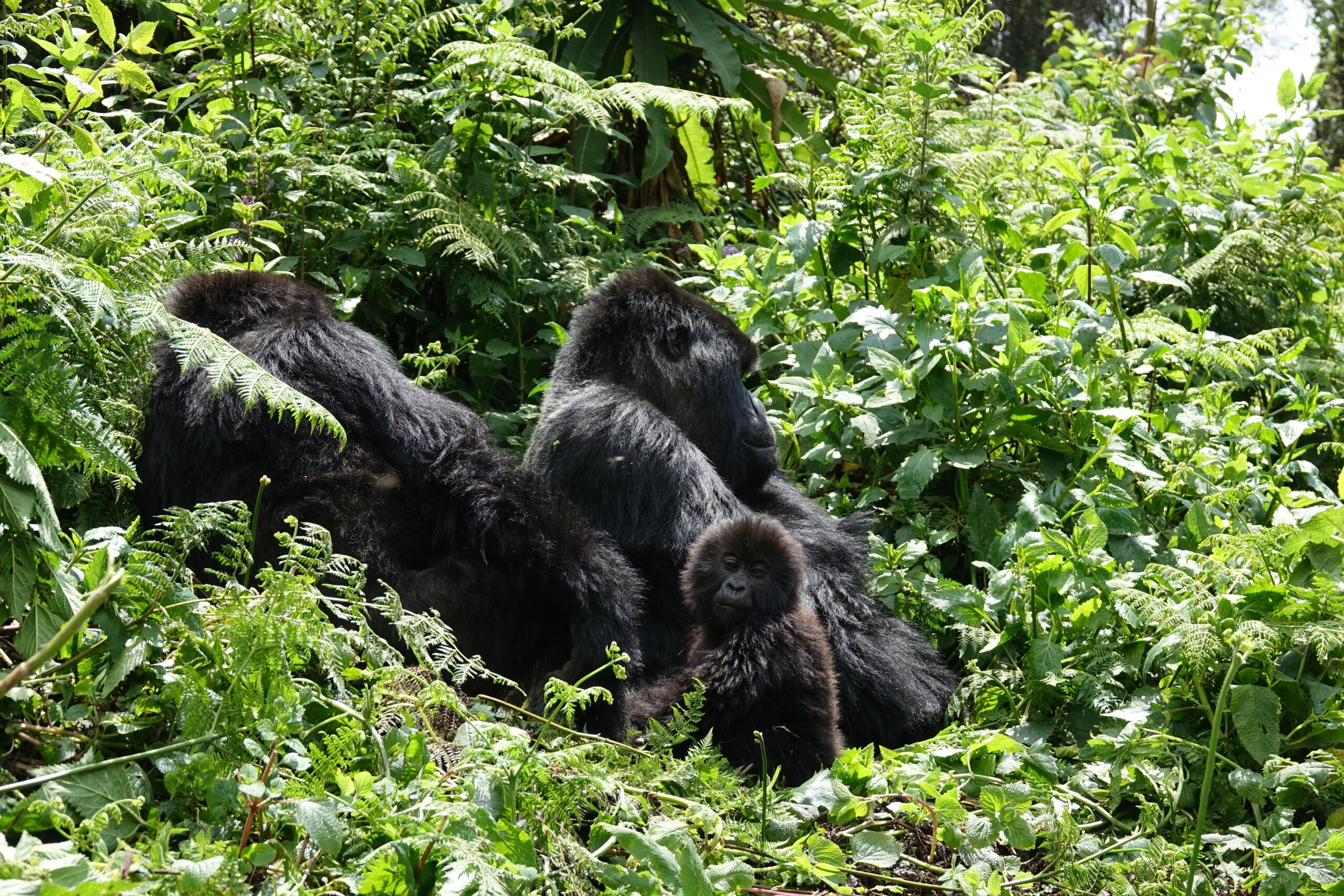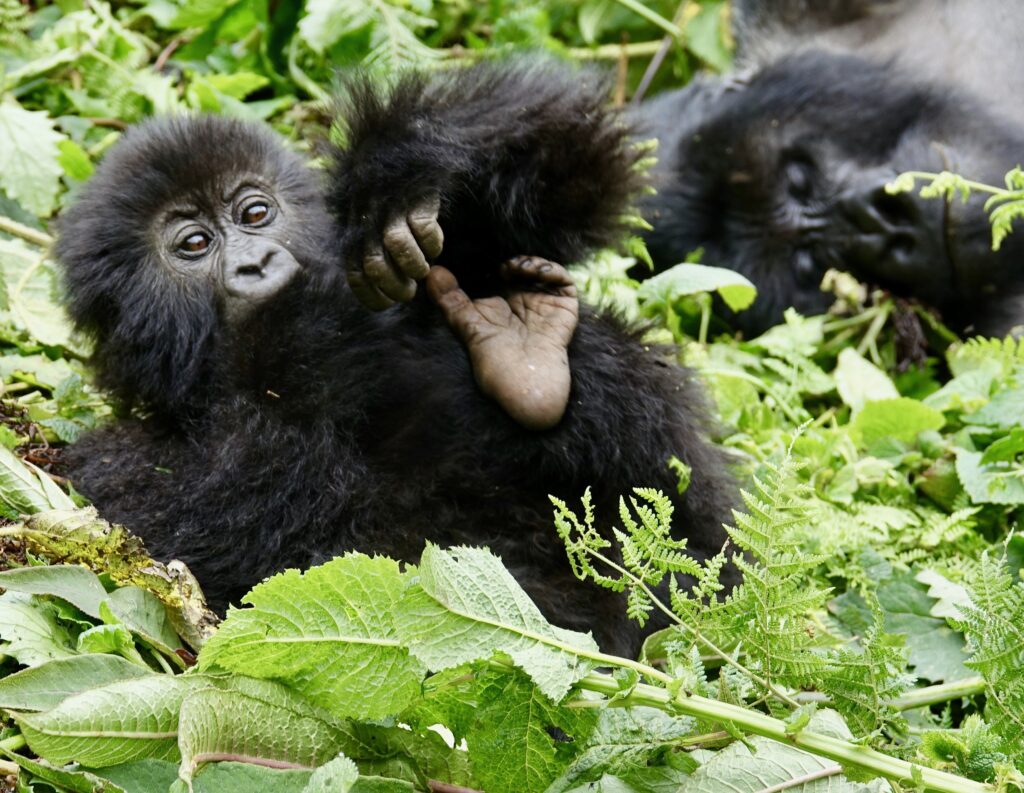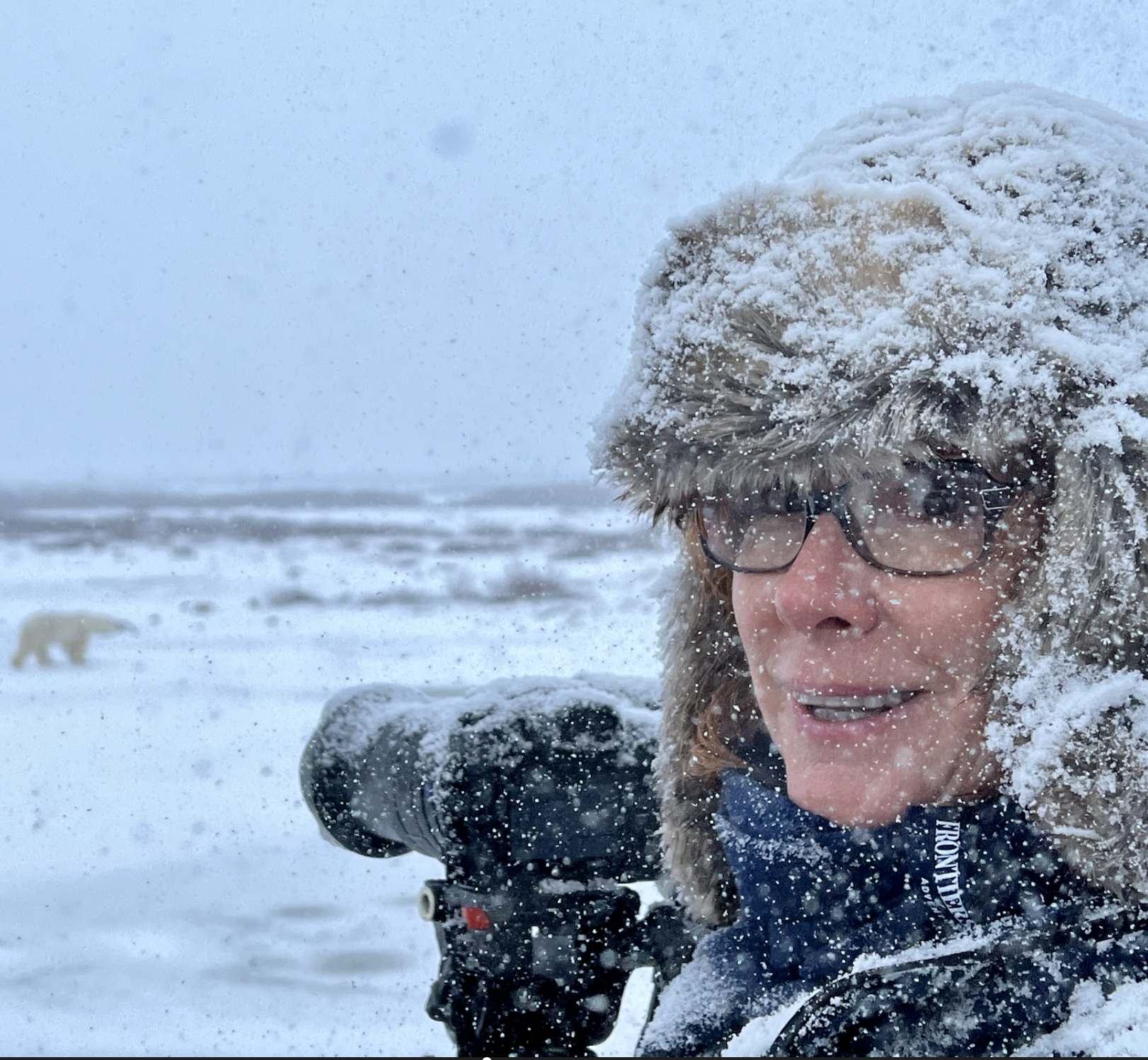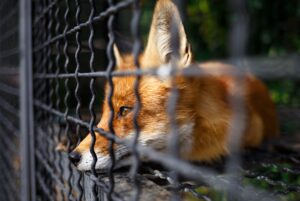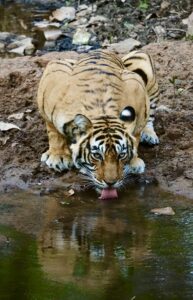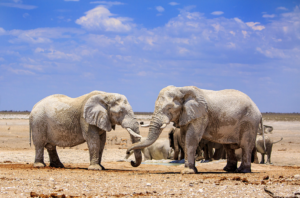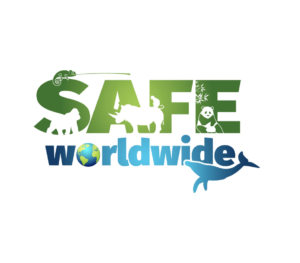
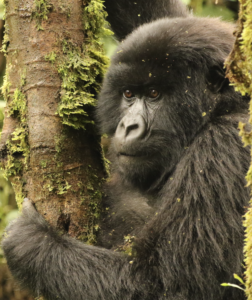
The COVID-19 pandemic continues to show the fragility of the relationships between humans and wildlife. Countries such as Uganda and Rwanda that are dependent on the ecotourism economy are experiencing economic crises due to pandemic related shutdowns. Economic disparity and lack of employment in ecotourism have forced people in this region to search for other livelihoods, such as the illegal bushmeat trade. Regional instability, which stems from a history of colonization, war, food scarcity, and foreign exploitation, endangers the people and wildlife.
A casualty of this crisis was Rafiki, a mountain gorilla killed by a poacher in Uganda. As the dominant male and protector of his family, his death puts his entire family in grave danger. Rafiki’s death has moved me to research further into the relationships between endangered mountain gorillas and the communities that surround them.
The mountain gorilla is a subspecies of the eastern gorilla, found now only in Bwindi Impenetrable National Park in Uganda and Virunga National Park bordering Congo, Rwanda, and Uganda. Mountain gorillas are omnivores that live in mountainous areas in elevations of 8,000 to 13,000 feet and live in troops of up to thirty individuals, led by a silverback alpha male. Similar to human reproduction, females give birth to one infant after a nine-month-long pregnancy. The mountain gorilla population today is about 1,000 individuals, an optimistic increase from previous censuses. Human interference has put this fragile population in grave danger in the past and continues to do so today.
Mountain gorillas face threats from habitat loss, human disease such as the common cold, and poaching. The bushmeat trade is a source of food and income for impoverished populations. Although they are not usually the target of poachers, mountain gorillas are killed or maimed by snares. Aside from physical injuries, gorillas face traumatic disruptions to group dynamics, such as the loss of Rafiki as the dominant male. Lack of economic incentives and an unreliable judiciary system continue to put these great apes and other wildlife at risk.
Mountain gorillas face many dangers, but there is a haven for some of these animals. Virunga National Park, established in 1925, is the first national park in Africa and one of the most biologically diverse protected areas in the world. The park borders Uganda and Rwanda and spans over 3,000 square miles. Virunga is home to hundreds of types of species of mammals, birds, reptiles, amphibians, primates and is one of only two places in the world with mountain gorilla populations. Over 700 rangers consisting of brave men and women preserve this sacred land from armed groups and illegal poaching, a duty that puts their lives at risk. Virunga has faced many challenges from foreign intervention in the region and a lack of stable government protection.
SAFE Worldwide is working to help the communities that surround the mountain gorillas through workshops and educational courses. These rural communities, which rely on selling goods to visitors, are facing economic crises due to the pandemic and the exclusion from the support of major NGO’s. Partnering with local elders, SAFE Worldwide is creating opportunities for locals outside of the poaching and bushmeat trade. One of SAFE Worldwide’s projects is training at sewing centers in Rwanda and Uganda. At these centers, locals receive free training and certification, which creates the opportunity to work for others or start their own business through microloans.
Supporting organizations such as SAFE Worldwide directly aid these forgotten communities and the wildlife around them. Every day, mountain gorillas and other species are hunted, injured, and killed in the illegal trade. Without direct support and awareness of the ongoing situations, animals and humans alike will continue to suffer in this region.
